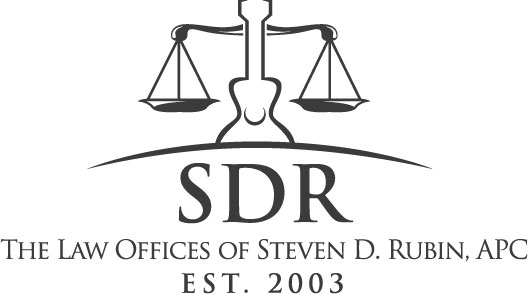
(Corporate Law) Personal Liability for Business Debts
One of the most important concerns for an investor is his or her personal liability for debts incurred by the business enterprise. The investor usually realizes that losses sustained by the business may wipe out the amount invested; the concern is whether creditors of the business can reach the investor’s personal resources beyond the amount invested, if the business assets prove insufficient.
Sole proprietors or general partners put their entire personal wealth at risk; on the other hand, limited partners, LLC members, LLP partners or corporate shareholders generally do not. I.e., the limited partner, LLC member, LLP partner or corporate shareholder normally risks only the amount invested.
However, limited partners are supposed to be “passive” investors with no active role in management of the corporate business (otherwise, they risk personal liability for its debts.
Consequently, for investors who propose to be regularly active in the business, the corporate form (or possibly an LLC or, for certain professionals, an LLP) would be the preferred choice … if all other factors balance out equally. But other factors are rarely equal. Moreover, as a practical matter, limited liability usually is not a crucial consideration, particularly with small closely-held corporations, for the following reasons:
a. Personal guarantees may be required: First of all, banks and others extending credit to a small corporation frequently require that the shareholders give their personal guarantees. Also, such guarantees are frequently required on leases and other long-term corporate obligations (especially on dealings with government and financial institutions).
b. Insurance may cover corporate obligations: Most businesses carry liability insurance to cover claims based on torts committed by agents or employees; and such insurance often extends to fire, theft and employee dishonesty. To the extent such insurance coverage exists, the business is protected and the owners have no risk of personal liability, whether the business is incorporated or not.
c. “Alter ego” liability: In certain cases, the corporate entity may be disregarded (the corporate veil “pierced”) and the shareholders held personally liable for corporate debts because of the manner in which they have dealt with the corporation.
(1) Requirements:There are two basic requirements:
* Unity of interests: First, the shareholders sought to be held liable have treated the corporation as their “alter ego,” rather than as a separate entity; and
* Resulting injustice: Second, it would “sanction a fraud or promote an injustice” to uphold the corporate entity and allow the shareholders to escape personal liability for its debts.
(2) Presumption against alter ego liability: In practice, courts regard the alter ego doctrine as a drastic remedy and disregard the corporate form only reluctantly and cautiously. This is because alter ego liability is fundamentally at odds with the general rule that a de jure corporation is a legal entity separate from its owners; and the law specifically permits owners to incorporate a business for the very purpose of shielding them from its liabilities. Accordingly, the burden of pleading and establishing alter ego liability is on the plaintiff creditor.
(3) Application: The alter ego doctrine is usually applied where there are only a few shareholders and they have not respected their corporation’s separate identity; for example, where the shareholders:
* Fail to contribute capital, issue stock or otherwise complete formation of the corporation;
* Use corporate assets as their own (e.g., withdraw corporate funds for personal use without treating such withdrawals as salaries or dividends);
* Commingle corporate funds with their personal funds; or
* Fail to observe corporate formalities (e.g., fail to regularly elect directors, appoint officers, hold board meetings and keep minutes or file corporate tax returns).
Requirement that “injustice” would otherwise result:Despite evidence that shareholders disregarded the corporate entity’s “separateness,” alter ego liability will not be imposed unless upholding the corporate shield under the facts would result in an injustice. “The alter ego doctrine does not guard every unsatisfied creditor of a corporation but instead affords protection where some conduct amounting to bad faith makes it inequitable for the corporate owner to hide behind the corporate form.” Claimants seeking to pierce the corporate veil must show the manner in which they were harmed by a shareholder’s abusive conduct toward the corporation or some other “injustice” or “inequity” that would result from recognition of the corporate entity.

